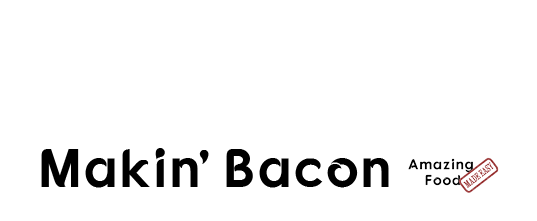
I was speaking at the Everything Food Conference (if you haven't gone, definitely check it out!) and during the conference several people talked about "Serving Your Readers". One blogger mentioned how hard they find that concept, especially when people are being critical, rude, or just plain mean. They were asking for tips on how to handle them.
It was actually this question that got me to mentally shift my focus, from "Serve Your Readers" to "Serve Your FANS".
"Readers" is too generic of a term and includes way too many people. Just because someone stumbles upon your website (or watches your YouTube video, listens to your podcast, etc.) doesn't mean you created that content for them or that they are part of your tribe.
To paraphrase what Tim Schmoyer from Video Creators said during a presentation he gave - if you know your belief statement, you can easily ignore everyone that disagrees with it, because they aren't your audience.























